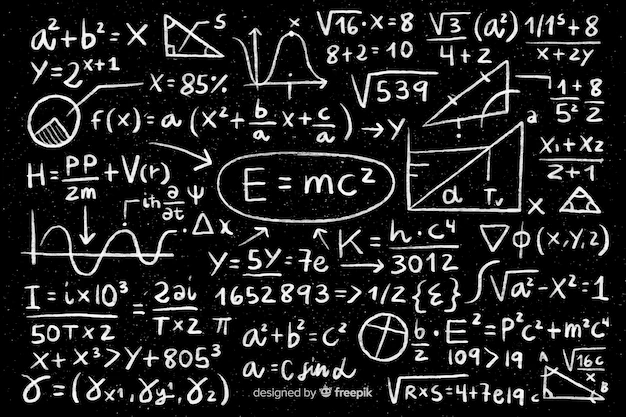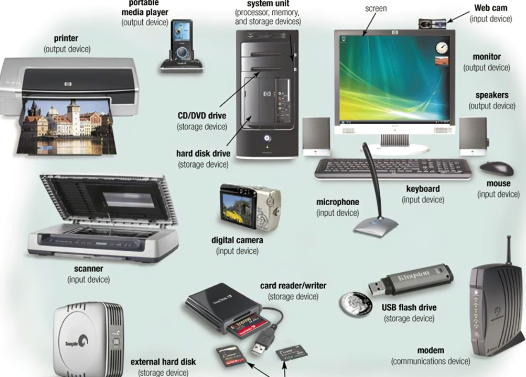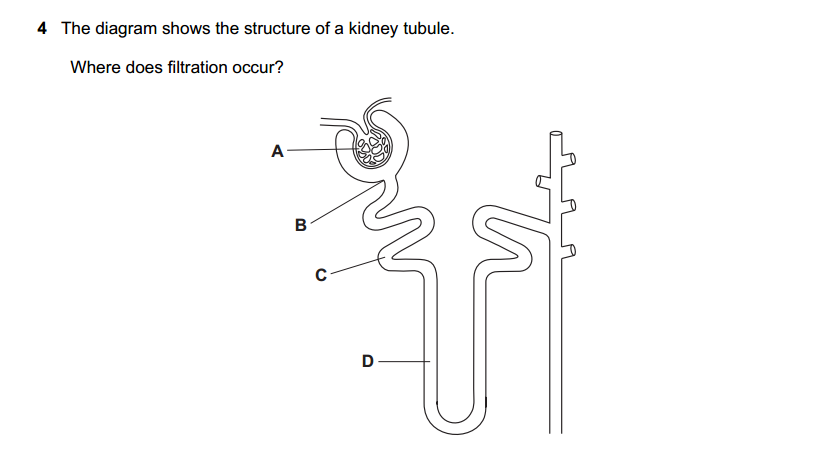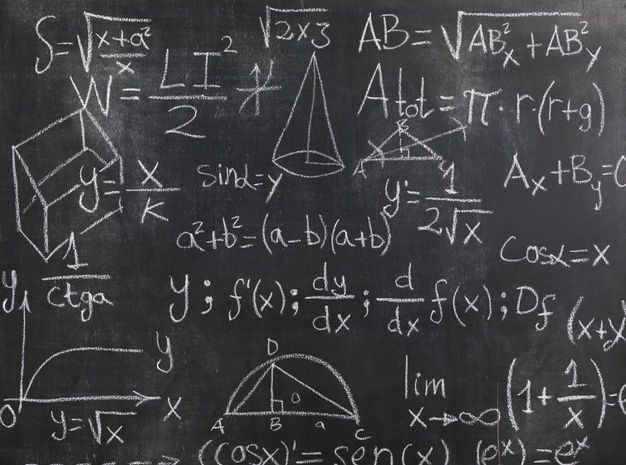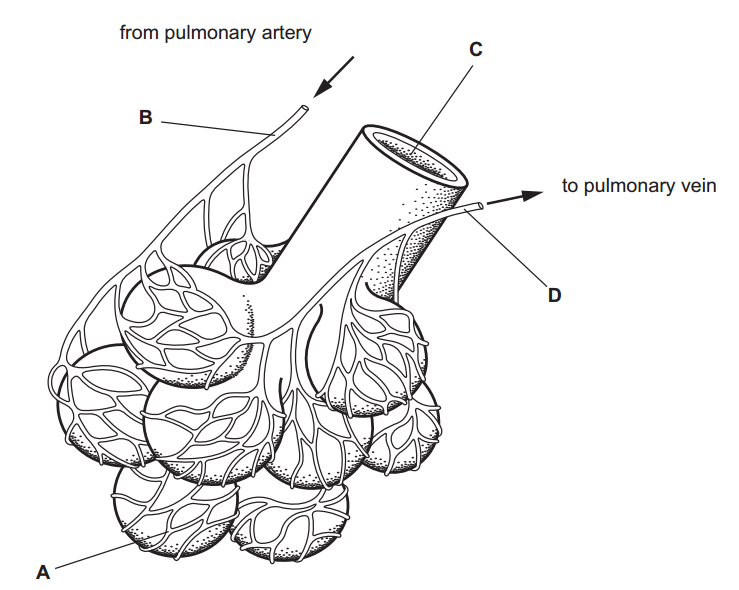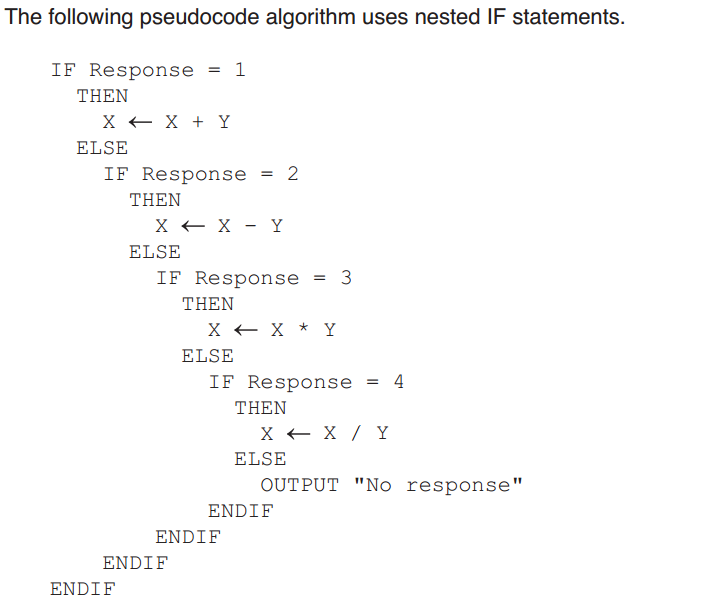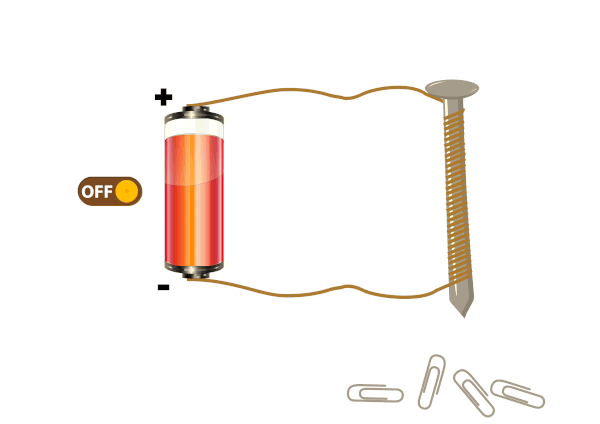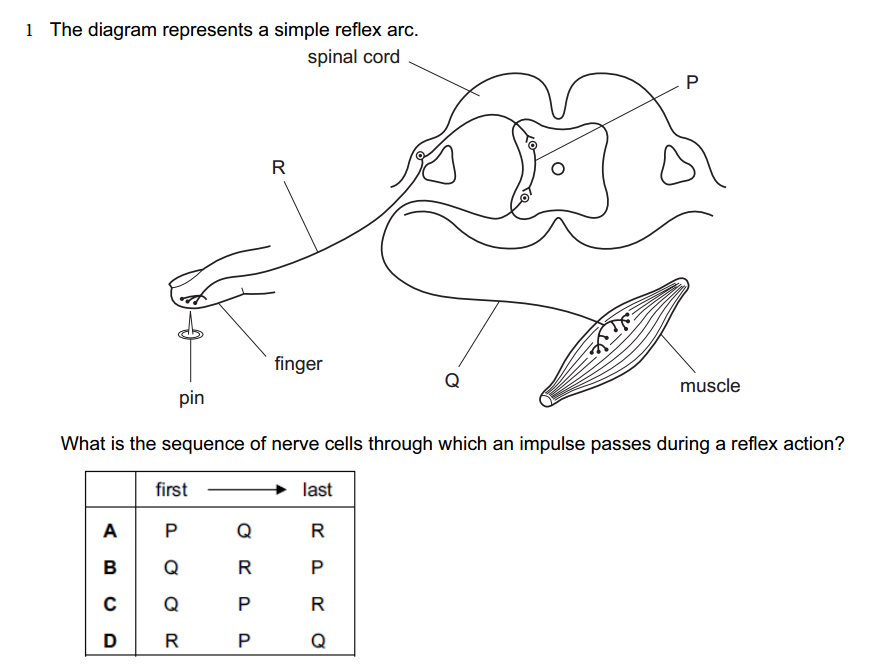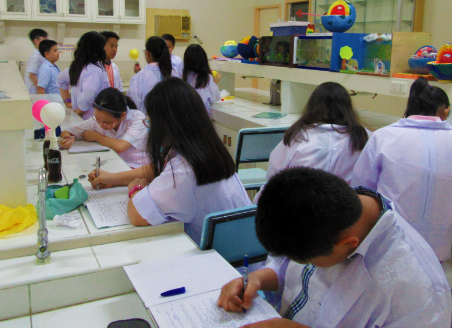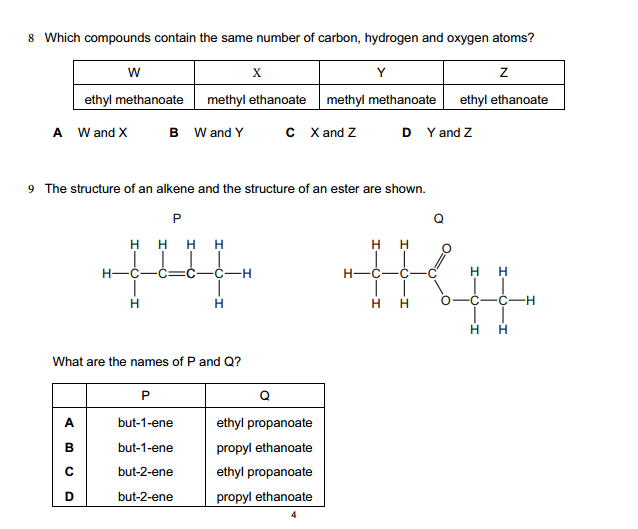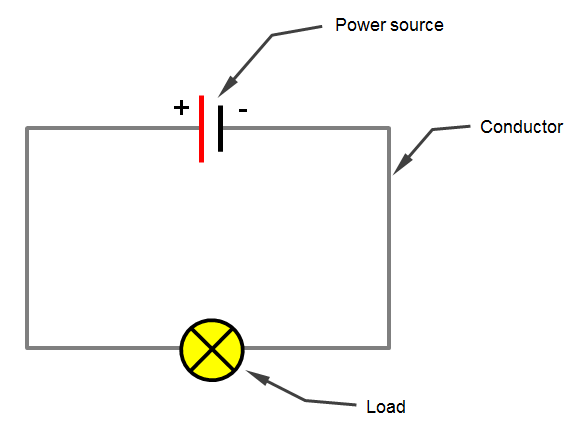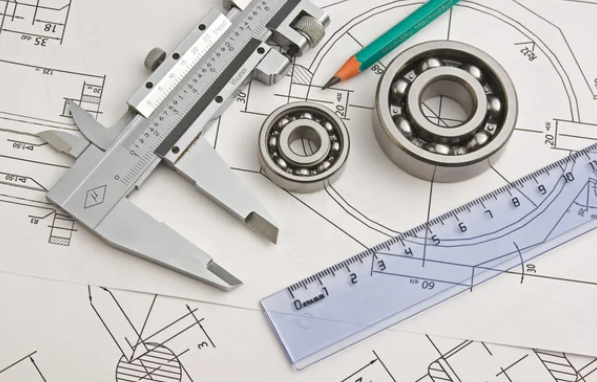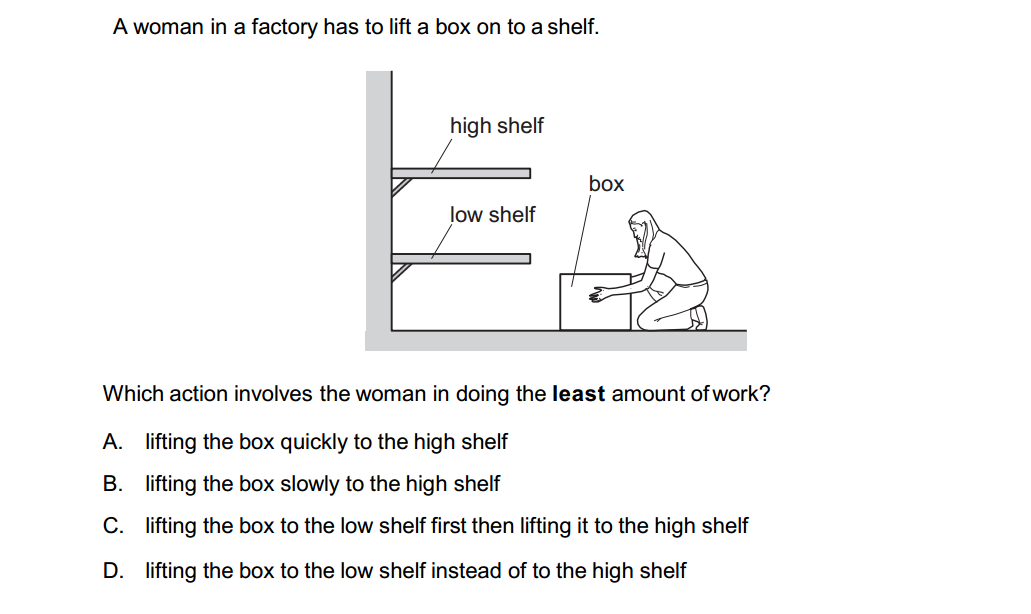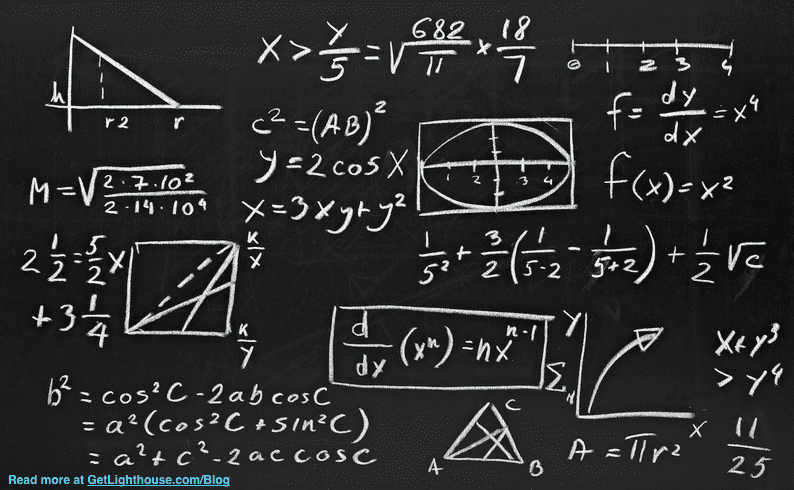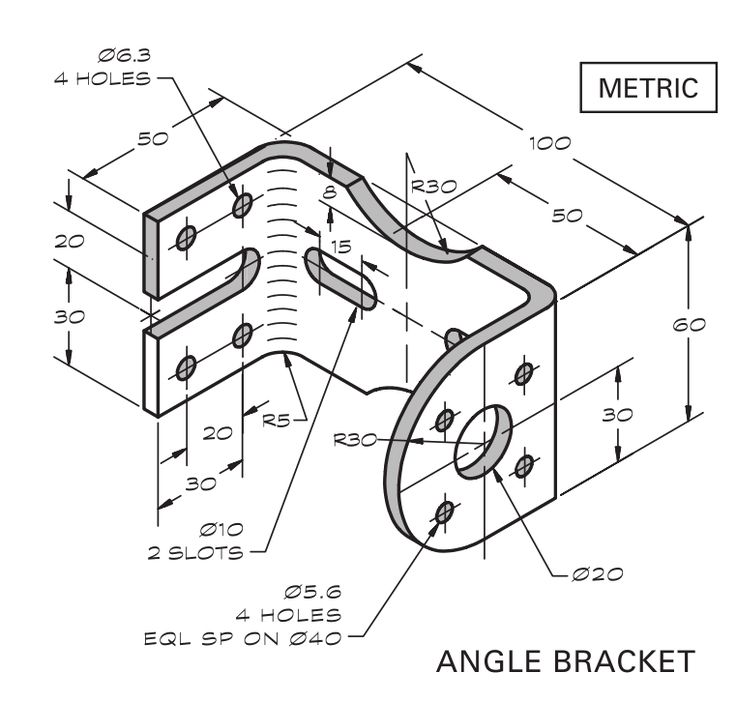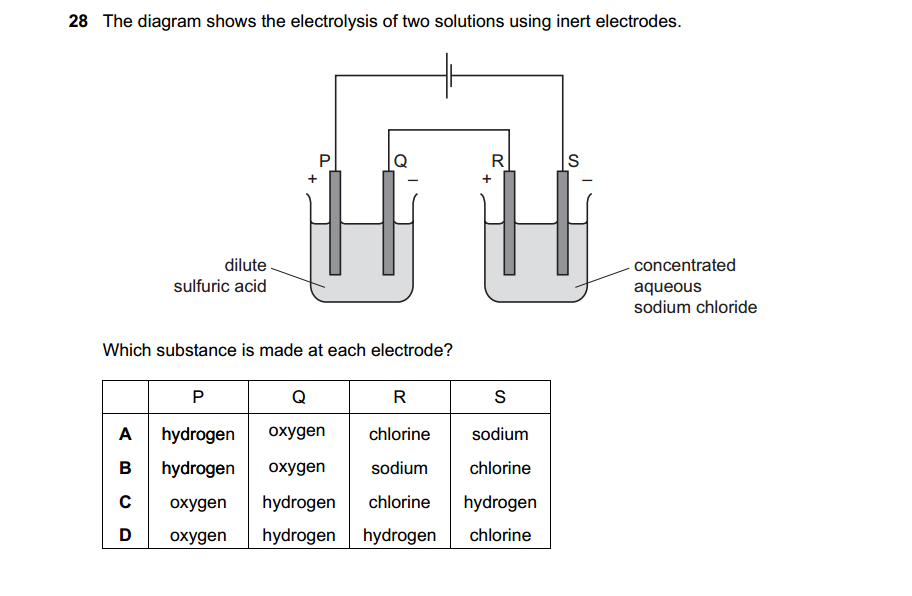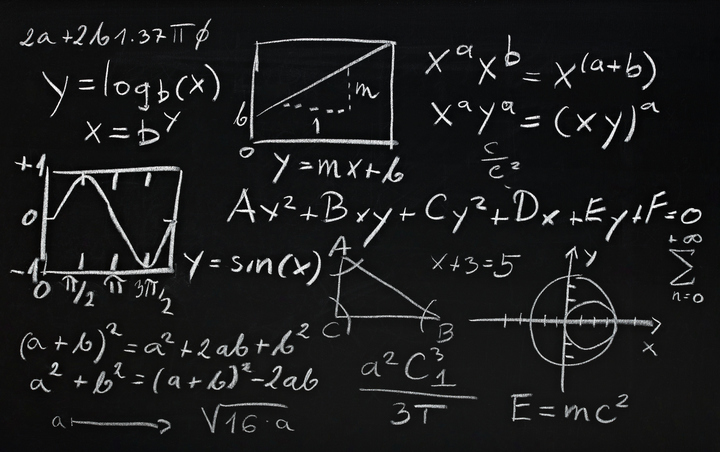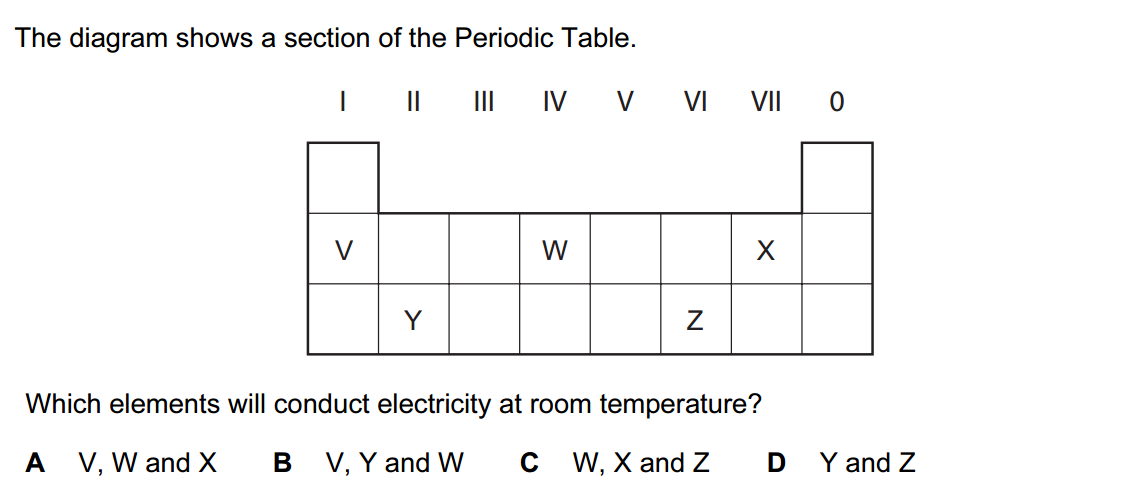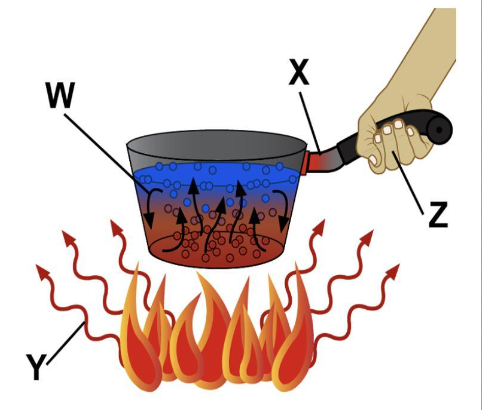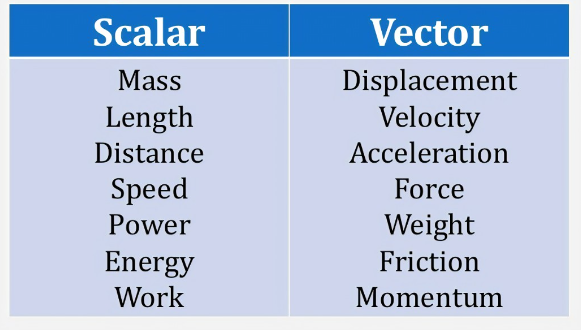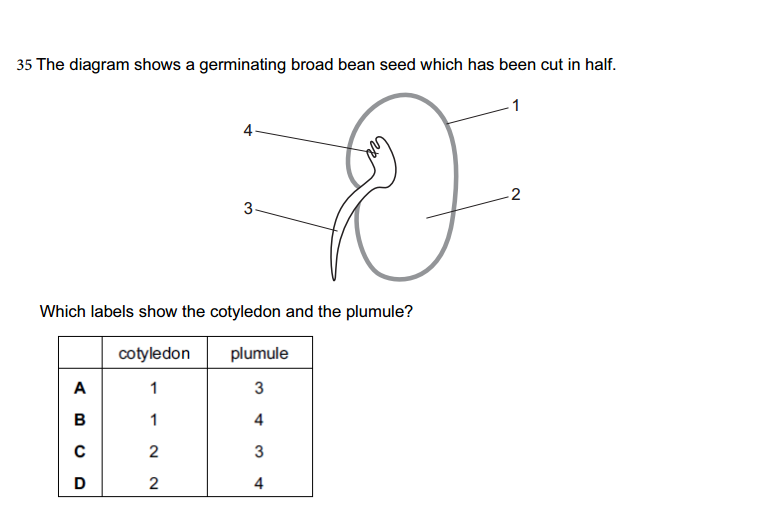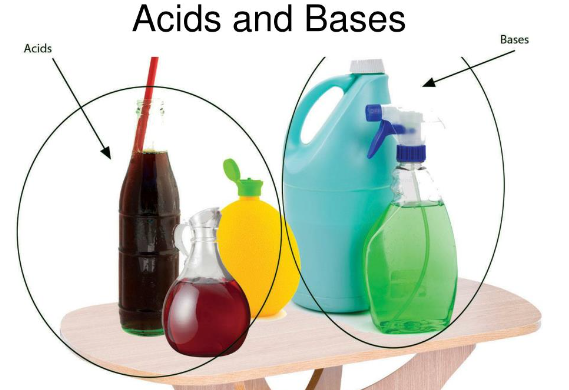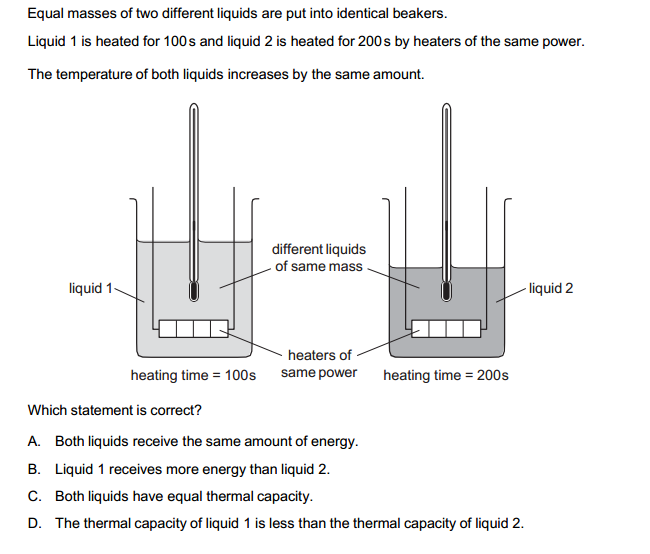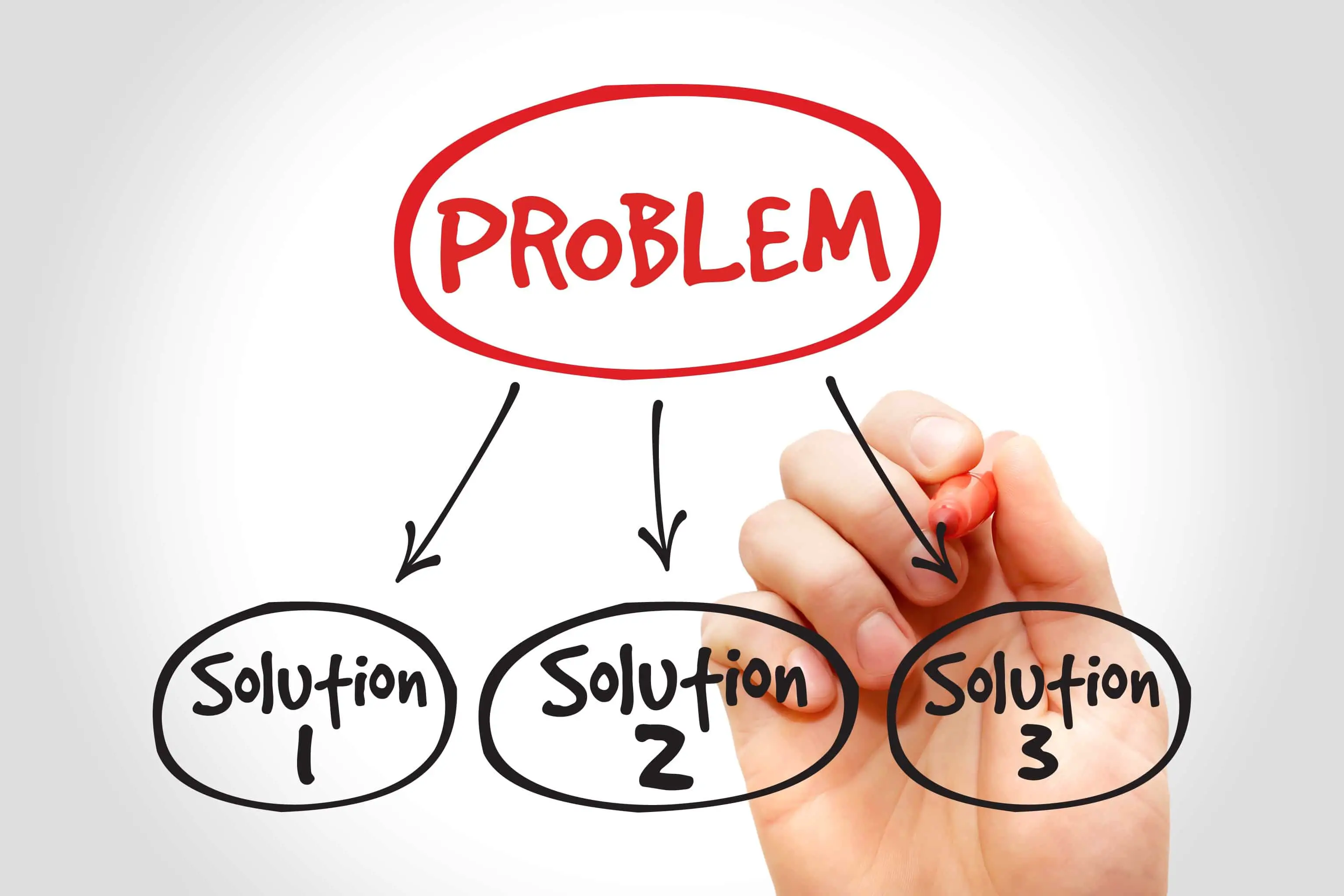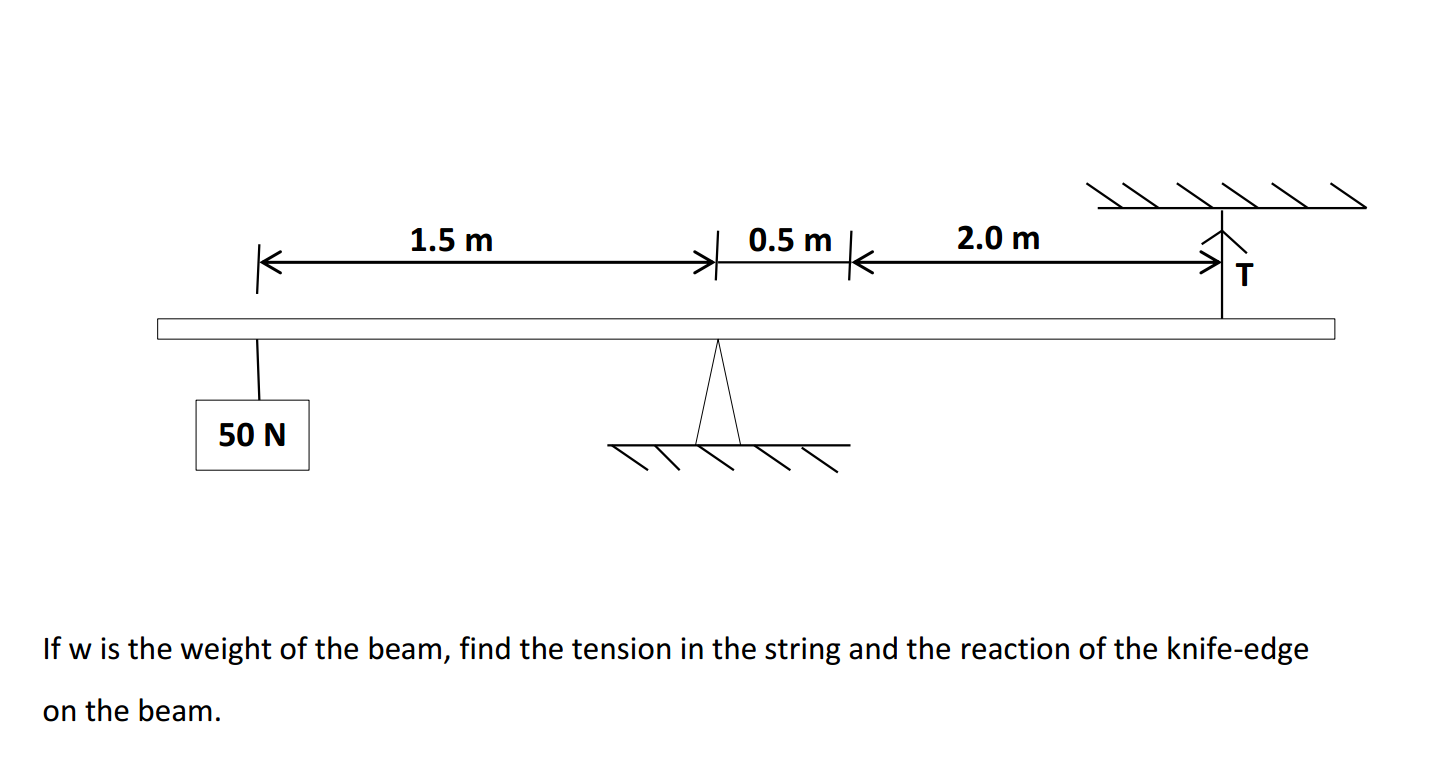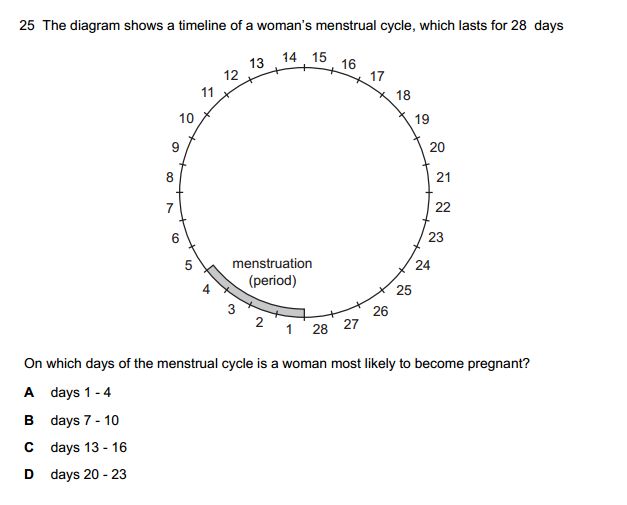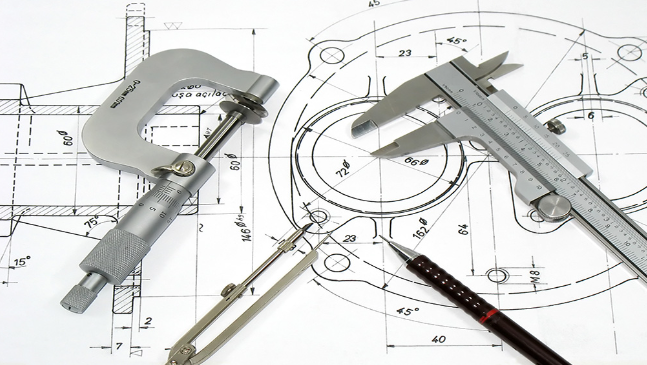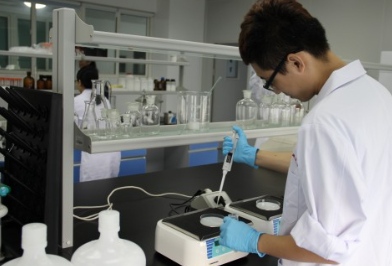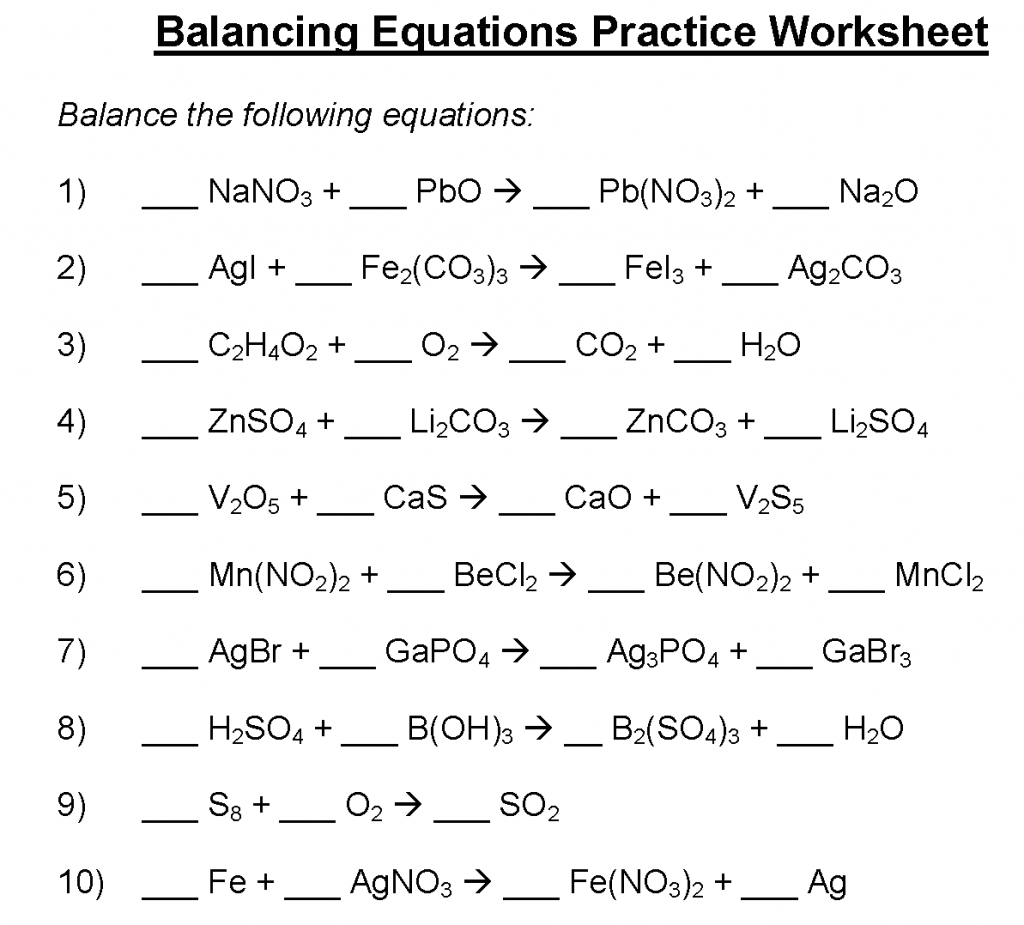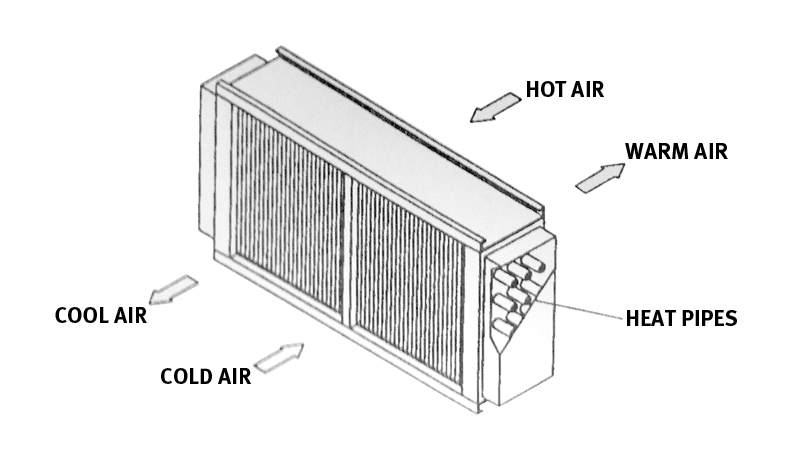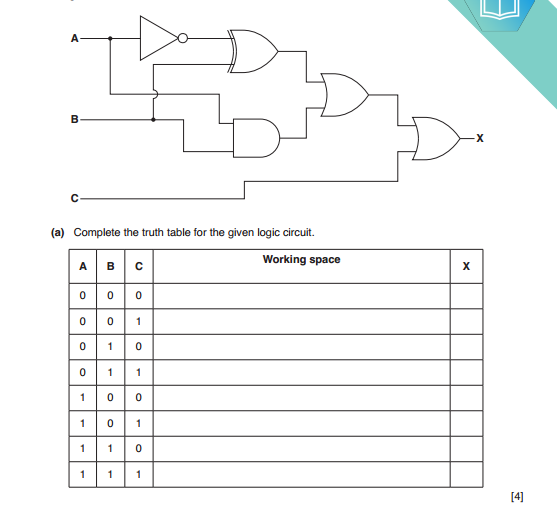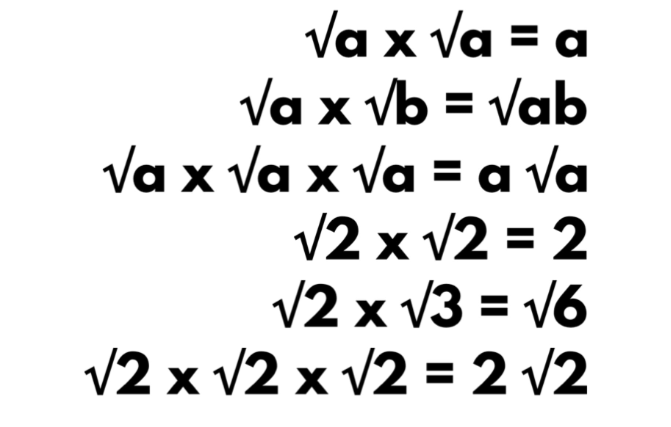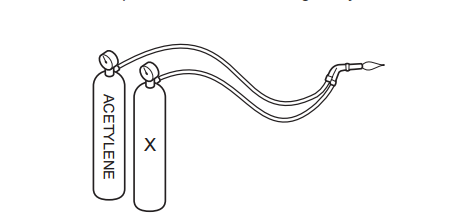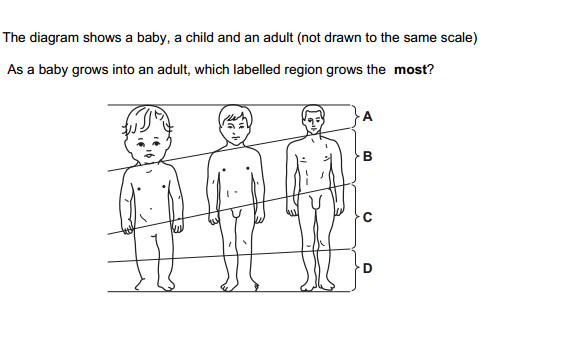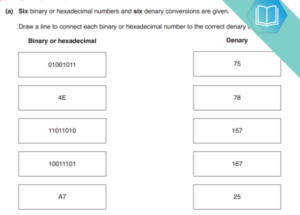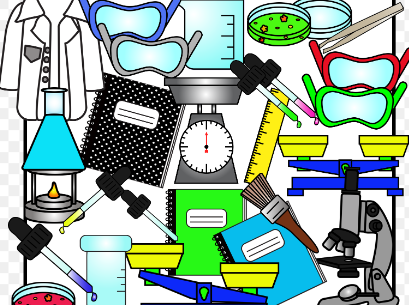Performing well in subjects with practical papers requires a combination of preparation, organization, and effective test-taking strategies. Here are some tips to help you excel in such subjects:
- Understand the Format: First, make sure you understand the format of the practical paper. Know what will be expected of you during the practical examination, including the types of experiments or tasks you’ll be required to perform.
- Practice Regularly: Regular practice is essential. The more you practice the practical aspects of the subject, the more comfortable and confident you’ll become. If possible, practice using the same equipment or tools you’ll have during the actual examination.
- Read Instructions Carefully: Pay close attention to the instructions provided in the practical paper. Understand the requirements, procedure, and any specific guidelines provided.
- Plan Ahead: Develop a study schedule that includes time for both theoretical and practical preparation. Allocate sufficient time to review the concepts, theory, and any calculations related to the practical experiments.
- Organize Your Materials: Ensure you have all the necessary materials, tools, and equipment ready for the practical examination. Familiarize yourself with the setup, and make sure everything is in working order.
- Learn from Past Experiences: If you have access to previous practical papers or know of similar experiments from previous years, review them. This can give you an idea of the types of tasks you might encounter.
- Safety First: In scientific or technical subjects, safety is of paramount importance. Always follow safety protocols and guidelines to protect yourself and others during practical experiments.
- Time Management: Manage your time wisely during the practical examination. Start with tasks you’re most confident in to build your confidence, and then tackle the more challenging ones. Keep an eye on the clock to ensure you have time for all the tasks.
- Keep Accurate Records: During the experiment, maintain accurate records. Document your process, observations, and results. Neat and organized record-keeping can help you in the analysis and reporting portions of the practical paper.
- Stay Calm and Focused: It’s easy to feel nervous during practical exams, but try to stay calm and focused. Follow the procedure step by step, and don’t rush. If you encounter difficulties, take a moment to think before taking the next step.
- Review and Revise: After completing the practical portion, take a moment to review your work and check for any errors or omissions. Revise your observations, calculations, and conclusions.
- Practice Mock Tests: If possible, practice mock tests or simulations of the practical paper. This can help you become more comfortable with the format and the time constraints.
- Ask for Help: If you’re unsure about any aspect of the practical examination, don’t hesitate to ask your teacher or instructor for clarification or guidance.
- Take Care of Your Health: Adequate sleep, nutrition, and stress management are important for peak performance. Ensure you’re well-rested and nourished on the day of the practical examination.
Remember that practice, preparation, and familiarity with the subject matter are key to performing well in subjects with practical papers. Over time, as you gain experience and confidence, your performance is likely to improve.





